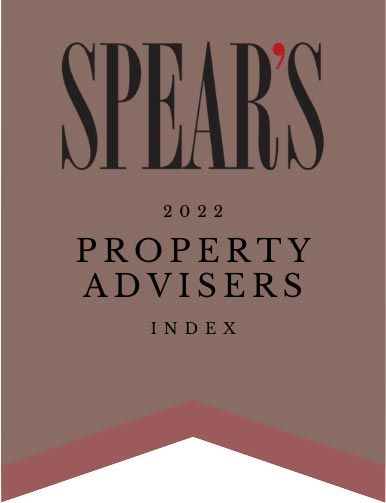Bridging finance is a constant hot topic; the sector has demonstrated resilience and continued to grow in recent years, with confidence of further growth in 20171. This is a great time to be considering commercial bridging financing. Brokers are receiving many new and additional commercial funding to support clients with their business purchases.
In a Market Financial Solutions study from Q4 2016 of 2,000 UK adults, 55% of respondents expressed uncertainty about exploring funding options such as bridging finance, due to a lack of knowledge2. It is imperative to fill this knowledge gap to maintain growth in this sector.
What is it?
An individual or company with a commercial mortgage may require additional funding in order to solidify their short-term finances, until a more long-term funding option can be organised3. In this case, a bridging loan could be the answer. Such funding can be arranged on either a first or second charge basis. This top up finance for loans on large commercial properties, such as hotels or apartment buildings, can be customised by lenders to suit individual circumstances and requirements.
Why now?
The year started with much optimism; the FTSE 100 hit a number of records and milestones and the positive sentiment has continued. This coupled with cuts to the Bank of England Base Rate last year, is good news for some commercial borrowers. Charles Ayton, Senior Commercial Manager, comments that:
“Much like the competition we have seen between lenders in the residential and Buy to Let space, we are seeing lenders compete on their bridging and commercial offering as well. This competition on rates and terms has made bridging loan deals more attractive, over recent months.”
Competition has played a large role in the prosperous bridging finance market that we see today4. Making bridging loans even more compelling, this type of finance can offer the borrower a very fast solution when more traditional lending avenues are not an option; they typically have a swifter application, approval and funding process than conventional loans5. For those in this situation being able to act quickly is often paramount; bridging finance can often provide the flexibility and speed required.
Who to consider?
Customers looking for commercial bridging finance may struggle to find a High Street lender who can cater to their needs, thus specialist commercial lenders are often the preferred option. They have extensive knowledge and experience in dealing in commercial financing, making access to bridging funding quicker and simpler.
What is the first step to take?
Specialist advice is needed when considering if a bridging loan is the right option. A broker with such knowledge, and appreciation of the speed needed, should be your first port of call when making this decision. Brokers have access to bridging funders who will take the time to look into all aspects of the borrower’s circumstances, and will tailor deals on their individual merits. Even if you fall outside of normal bridging finance lending parameters, there may be a solution for you. The key is often speed and access to funds; once a lending decision has been agreed, funds can be released within a matter of days.
Read here how we secured a large bridging loan for clients looking to purchase a commercial property.
Your home may be repossessed if you do not keep up repayments on your mortgage. You may have to pay an early repayment charge to your existing lender if you re-mortgage.
The Financial Conduct Authority does not regulate some aspects of commercial mortgages & bridging finance
- NACFB Magazine. Ultimate Guide to Bridging Finance. Issue 44. March 2017 p.3,8.
- NACFB Magazine. Ultimate Guide to Bridging Finance. Issue 44. March 2017 p.8.
- http://www.investopedia.com/terms/b/bridgeloan.asp
- https://www.mortgagestrategy.co.uk/bridging-is-no-longer-a-dirty-word/
- http://www.investopedia.com/terms/b/bridgeloan.asp




















